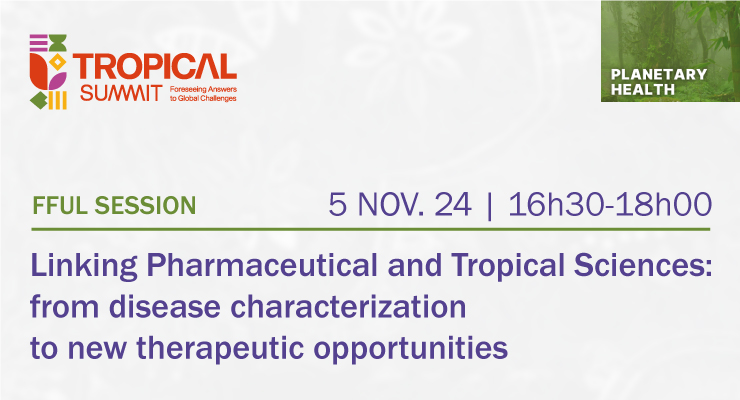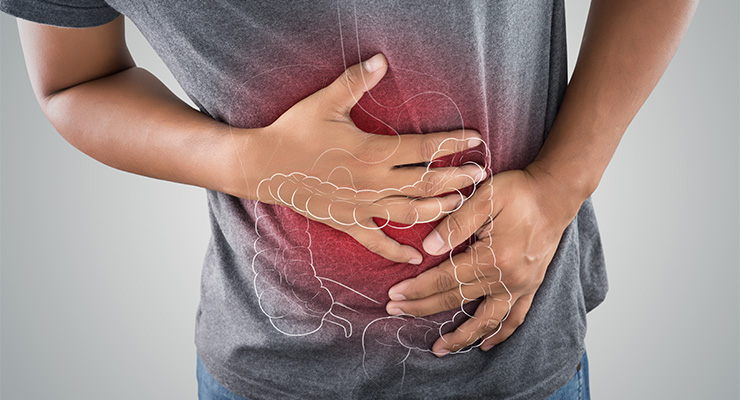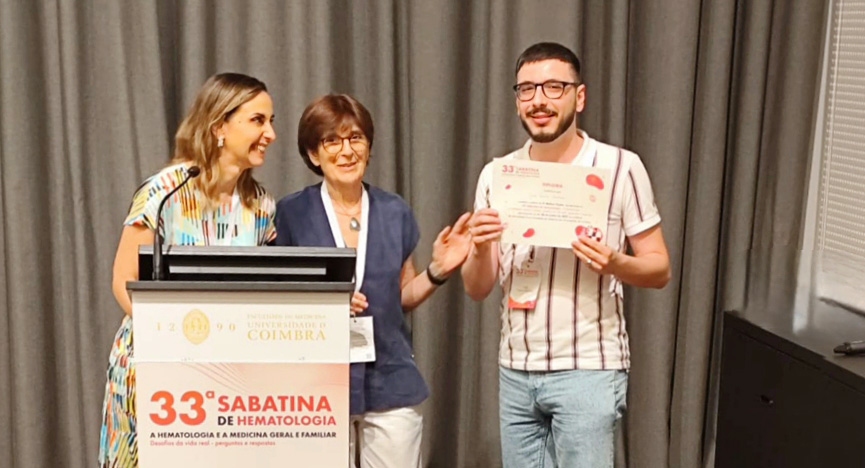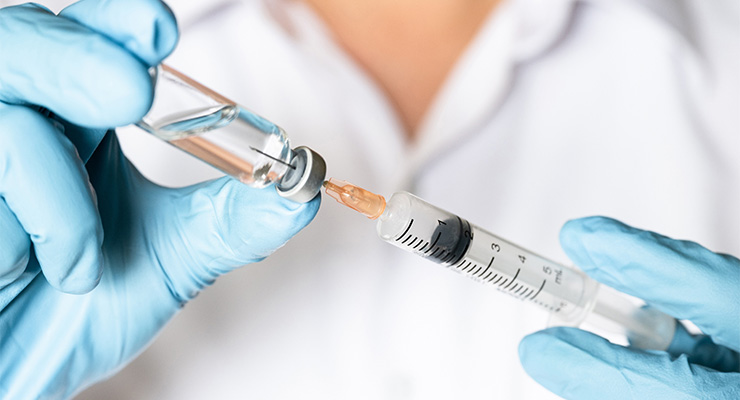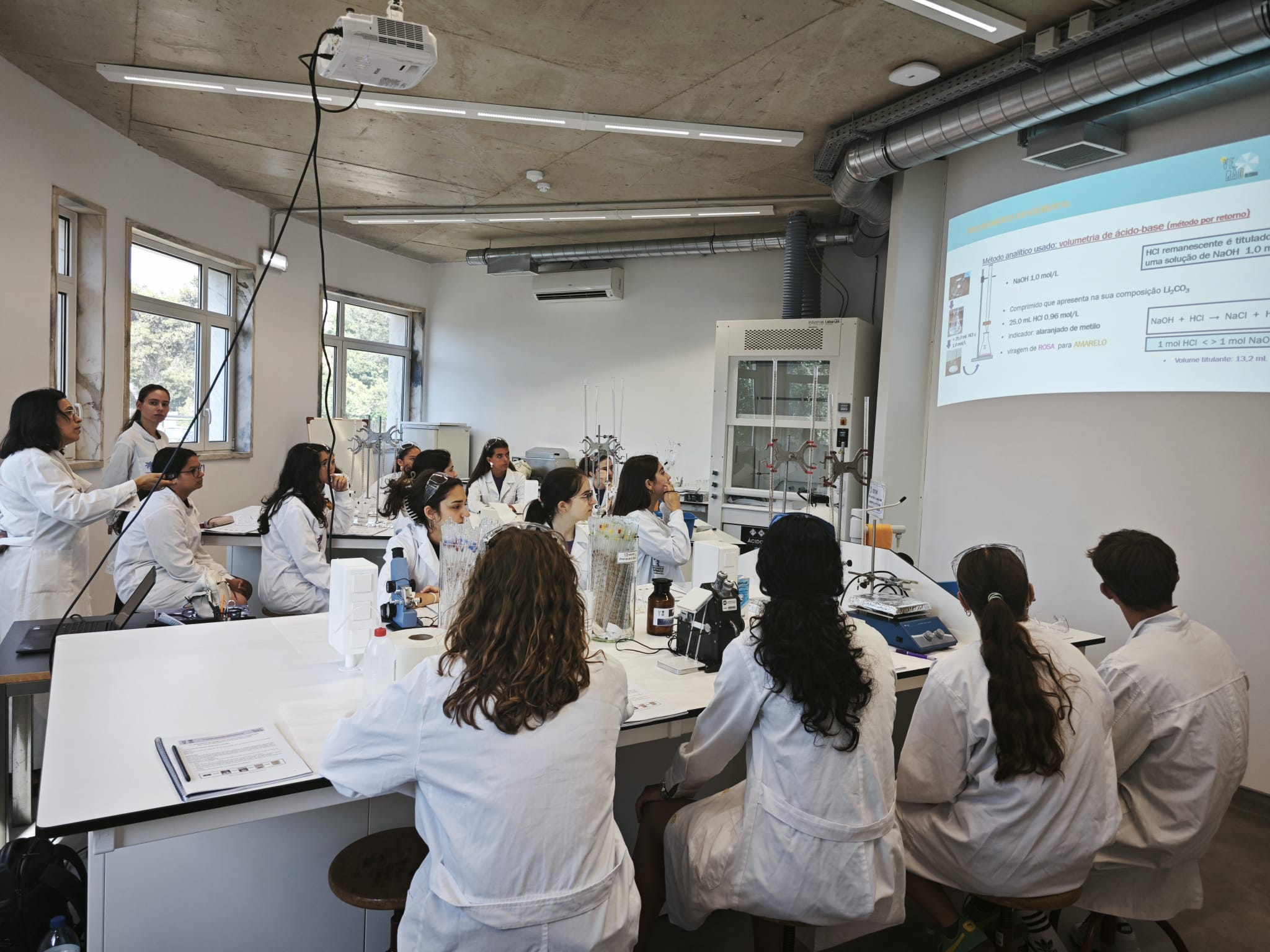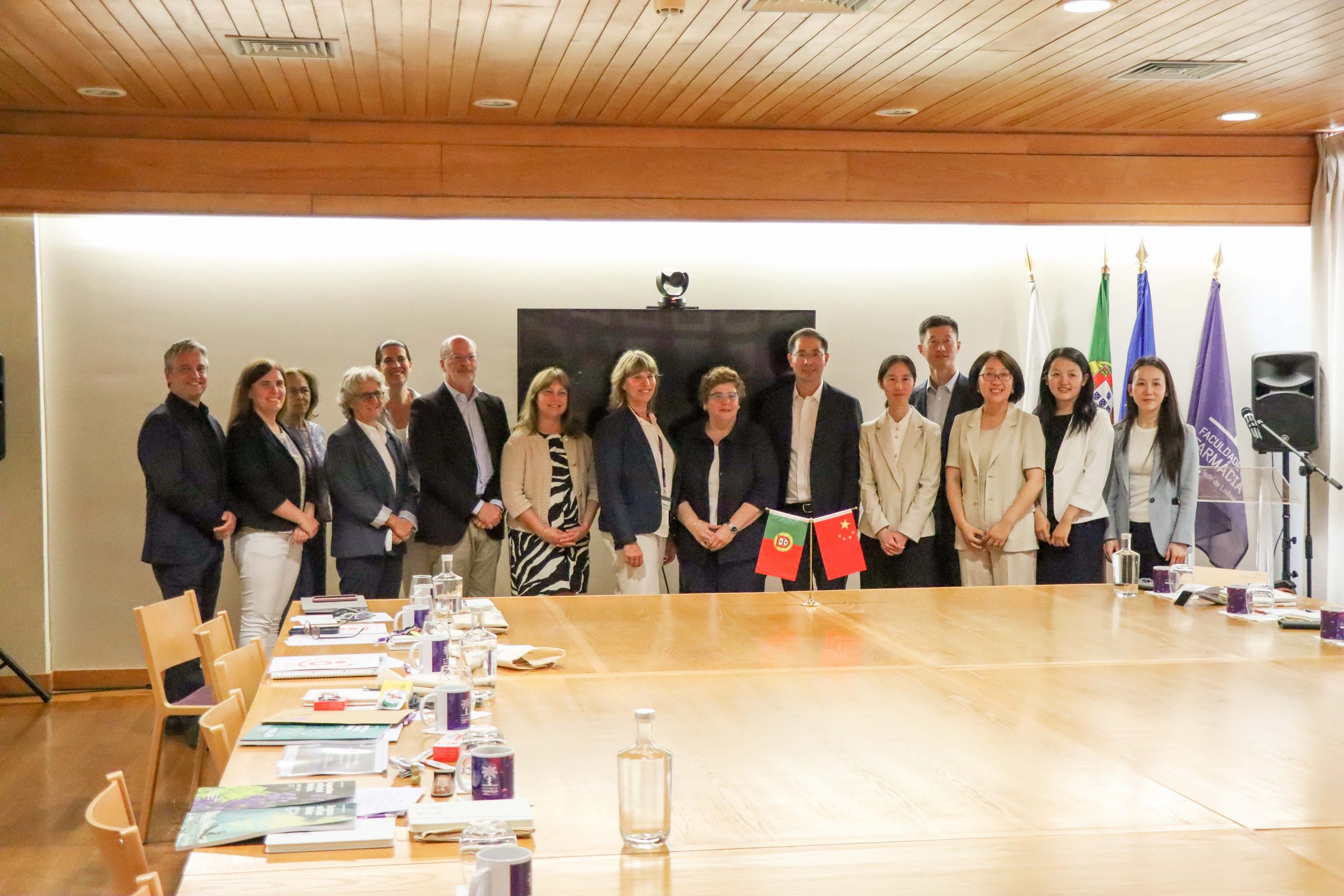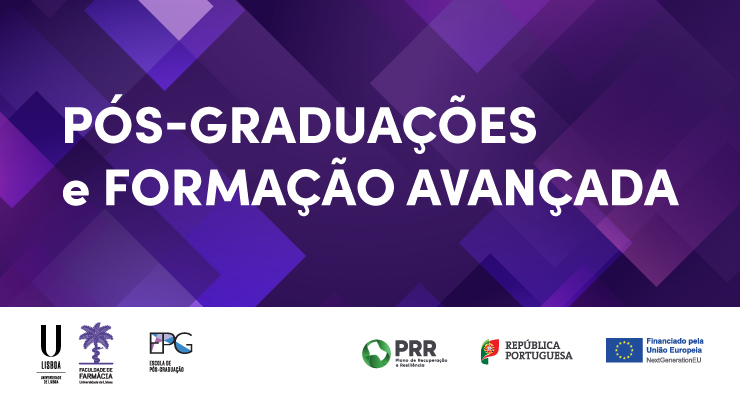A sessão “Linking Pharmaceutical and Tropical Sciences: from disease characterization to new therapeutical opportunities”, organizada pela Faculdade de Farmácia da Universidade de Lisboa, enquanto parceira do encontro Tropical Summit 2024, realiza-se no dia 5 de novembro, das 16h30 às 18h00.
Os investigadores e docentes da FFUL irão estar presentes a apresentar os seguintes temas:
- Mother to Child HIV transmission in Mozambique and Tanzania (Inês Bártolo): The LIFE project is a European Union-supported clinical trial ongoing in Mozambique and Tanzania that aims to evaluate the impact of point-of-care HIV-1 diagnosis and immediate ART initiation on the morbidity and mortality in infants born to mothers living with HIV-1. The benefits of birth testing followed by treatment are compared to the standard care, where the infants are only tested 4-8 weeks after delivery.
- Tuberculosis Genomic Surveillance and Evolution to Extensively Drug Resistance in Portuguese-speaking countries (João Perdigão): Tuberculosis remains a major public health problem but its distribution differs among countries, particularly among Portuguese-speaking countries whose varying incidences pose a risk for international dissemination. Herein, the evolution of Mycobacterium tuberculosis and transmission will be addressed with particular focus for multidrug resistant strains.
- Mycobacterium energy metabolism as a new target to treat tuberculosis (Francisca Lopes): In this project, in collaboration with the University of Cape Town, South Africa, we are developing hybrid compounds with the potential of dual targeting mycobacterial Electron Transport Chain in order to inhibit ATP production, as the next generation tools to prevent the emergence of resistance and target the latent infection.
- Examples of Ethnopharmacy as a Tropical Cooperation Subject (Olga Silva): This communication presents concrete examples of collaborative projects developed in the FFUL Ethnopharmacy Lab, including the establishment of pharmaceutical quality criteria, safety and efficacy studies on endemic traditional Angolan medicines for the treatment of schistosomiasis; Medicinal plants from Guinea-Bissau and Bangladesh for inflammatory diseases and diabetes; and the development of pharmaceutical formulations from traditional Mozambican medicines.
- Anticancer indole alkaloids from an African medicinal plant (Maria José U. Ferreira): The discovery of lead compounds from medicinal plants, based on their use in traditional medicine, has been considered an encouraging approach. Aiming at obtaining compounds with anticancer activity for overcoming drug resistance, we have been focused on the study of an African medicinal plant, having obtained promising results.
- Searching for new bioactive compounds in disposable products of Caryocar brasiliense (Ana Cristina Ribeiro): The pequi peel, despite being frequently discarded, has a high content of bioactive compounds and therefore presents high nutritional value. The present study aimed to explore the bioactivities of the pequi peel, with health benefits, at the level of lectin antitumor activity. The exploitation of this fruit could also present significant economic benefits and the potential applications of pequi by-products would represent a reduction of waste, as well as a positive impact on the environment.
Os principais objectivos do Tropical Summit – Foreseeing Answers to Global Challenges são promover a transferência de conhecimento, estimular a colaboração multidisciplinar e o envolvimento das partes interessadas, e contribuir para a co-criação e projectos inovadores, a nível mundial, nas 4 áreas-chave abrangidas por este encontro: PLANETARY HEALTH: Nurturing life within the global boundaries; AGRICULTURAL DEVELOPMENT: Sustainability as a path to socioeconomic progress; TERRITORIAL AND SOCIAL TRANSITIONS: Building resilient spaces and societies in every dimension; HUMAN GROWTH: Empowerment and technology for the times ahead.

